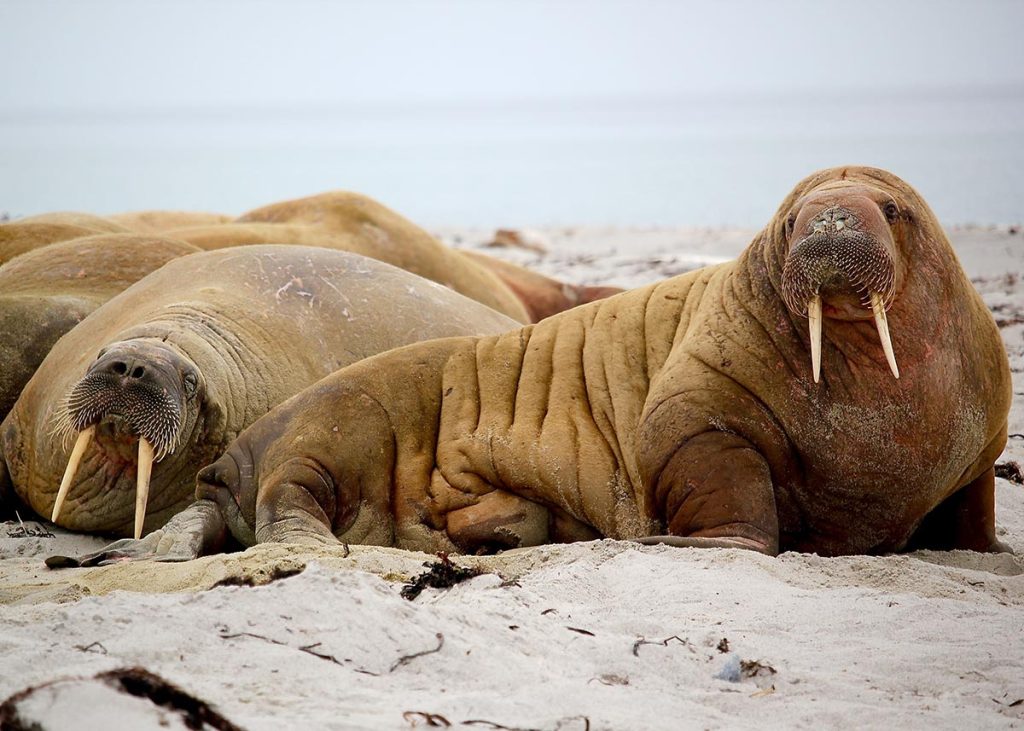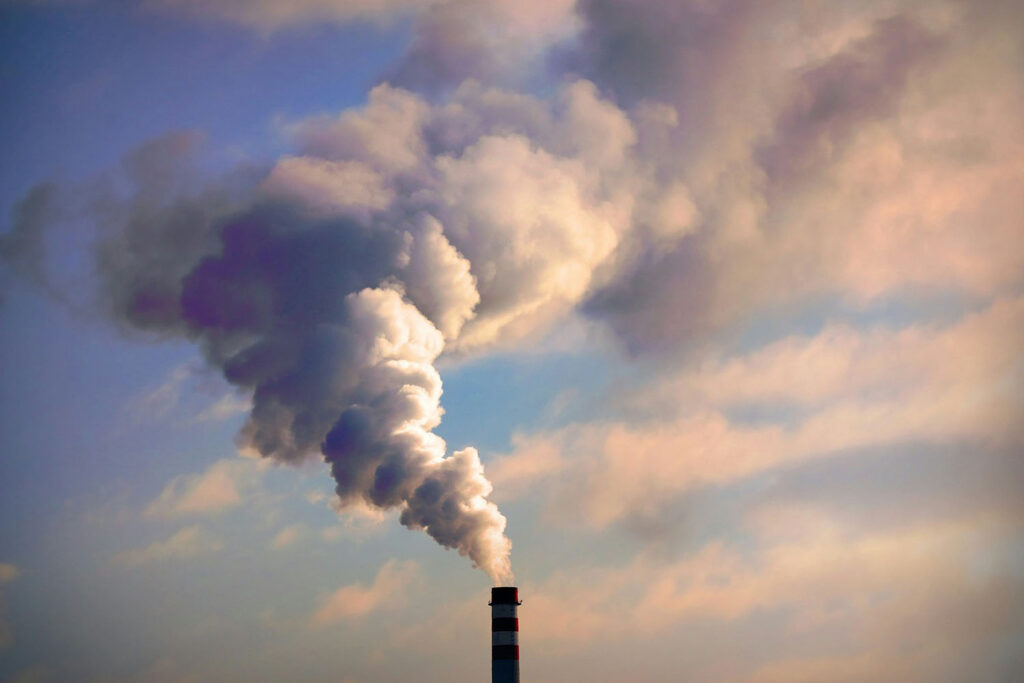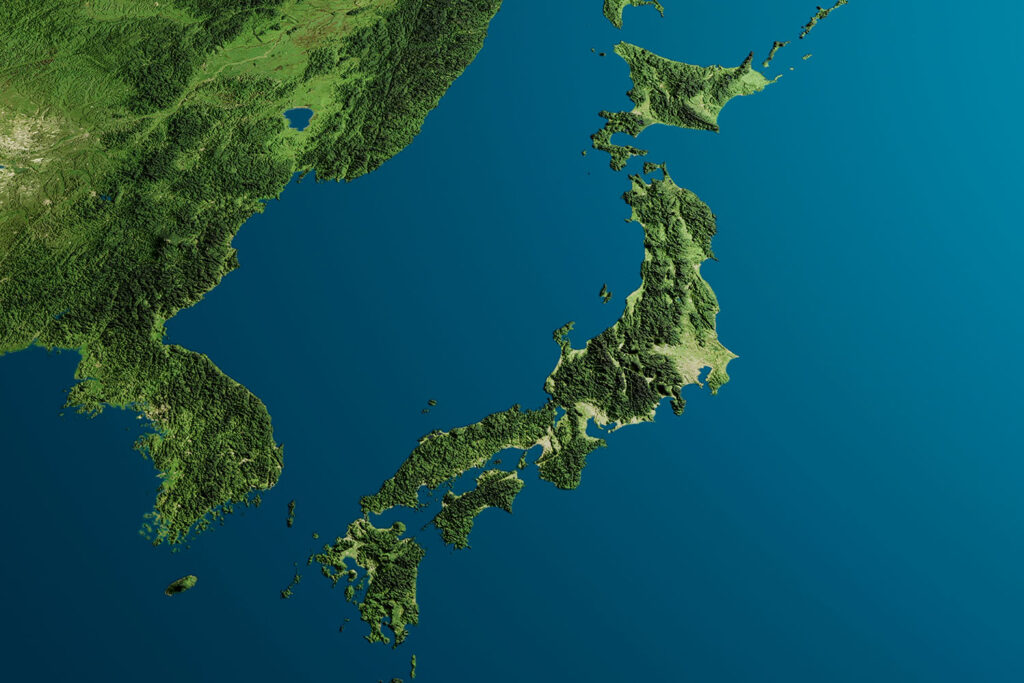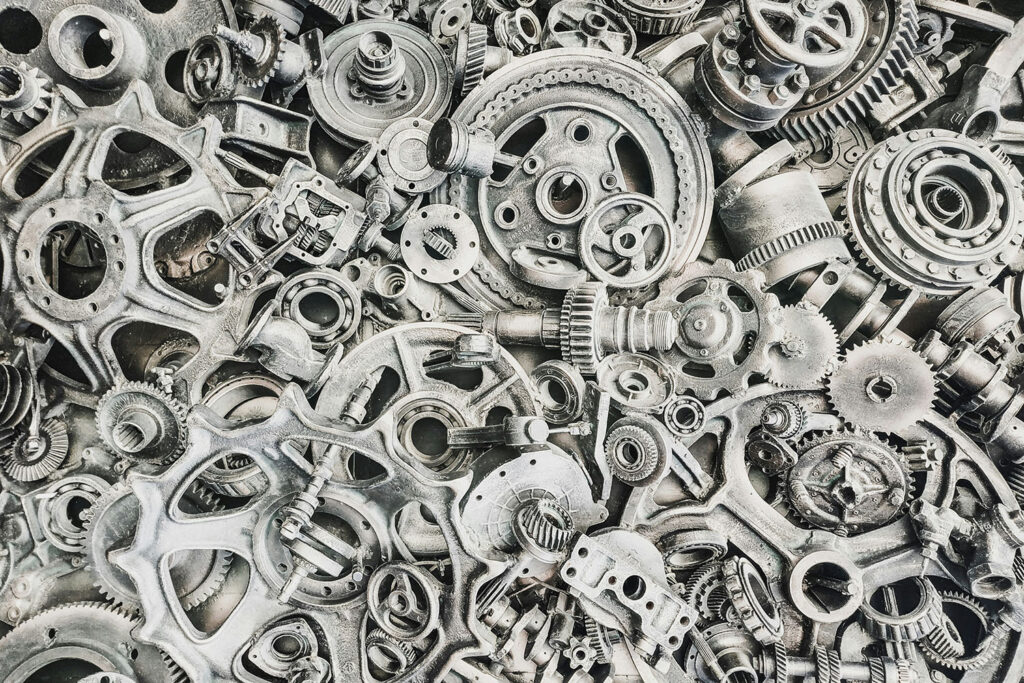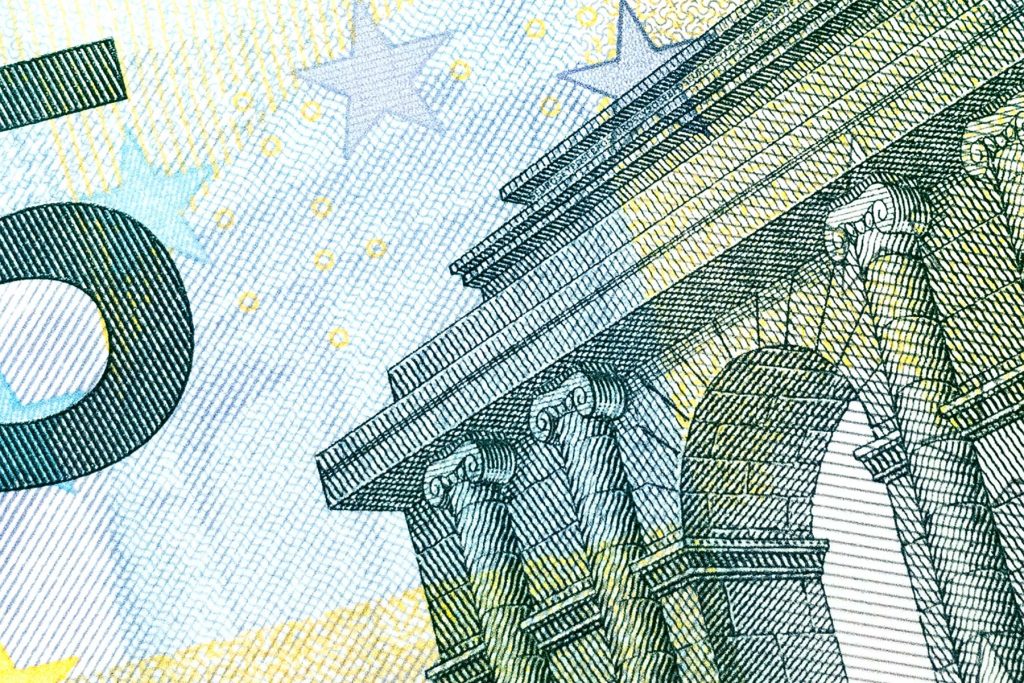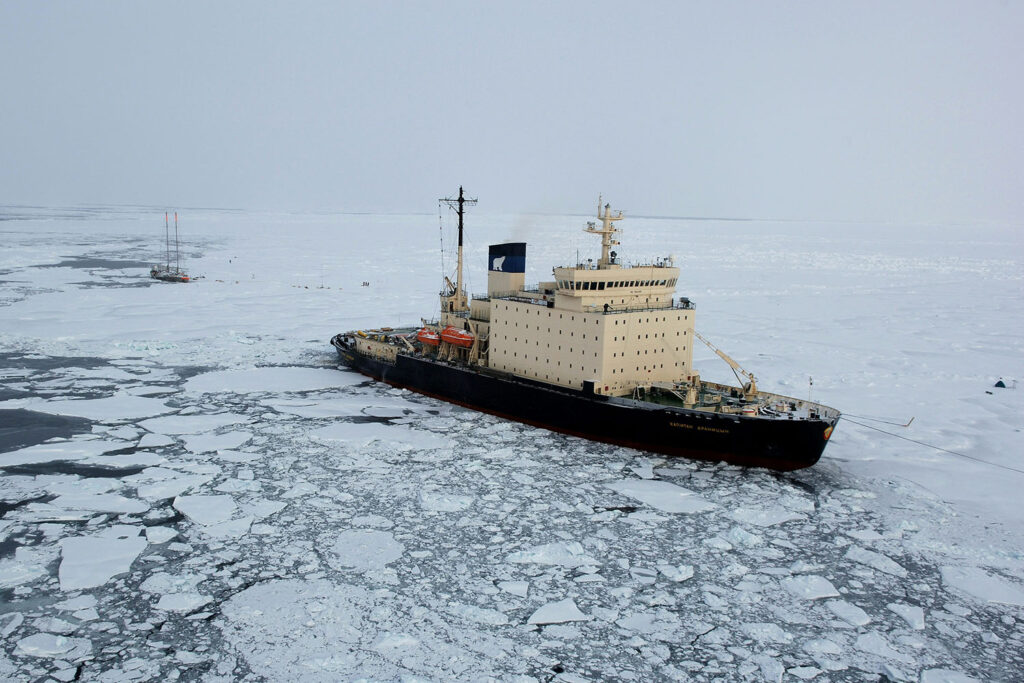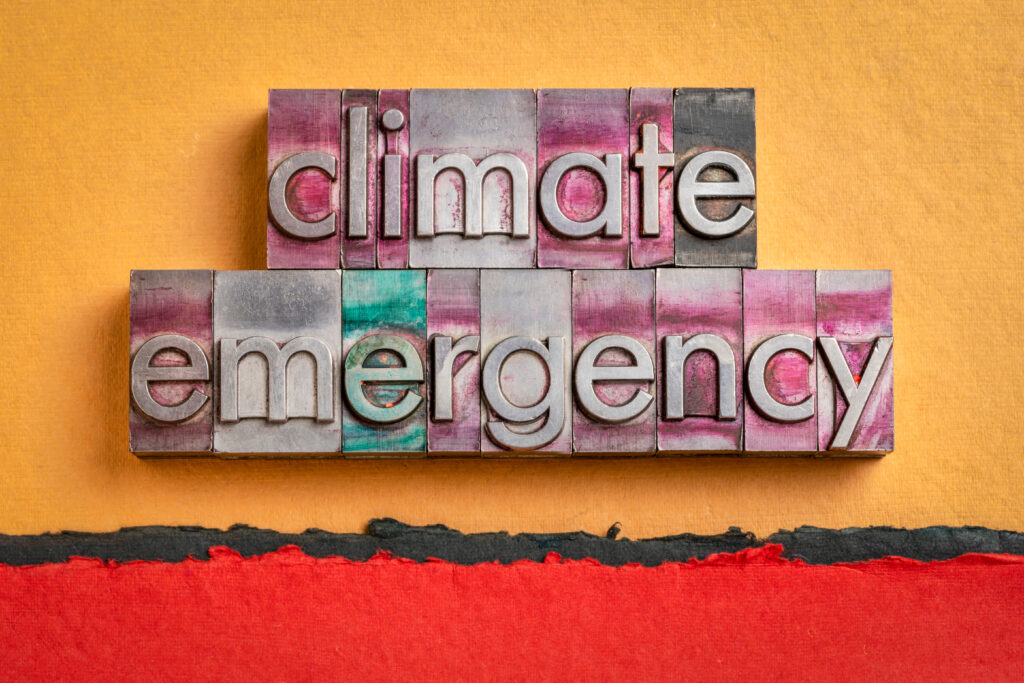Detecting and Coping with Disruptive Shocks in Arctic Marine Systems: A Resilience Approach to Place and People
It seems inevitable that the ongoing and rapid changes in the physical environment of the marine Arctic will push components of the region’s existing social-ecological systems—small and large—beyond tipping points and into new regimes.
